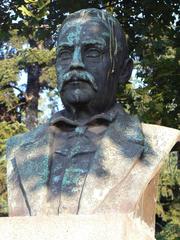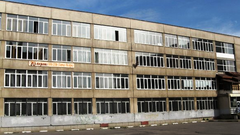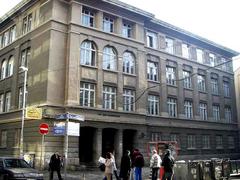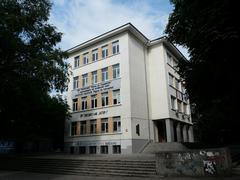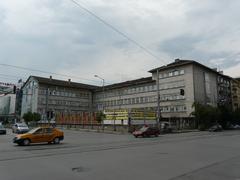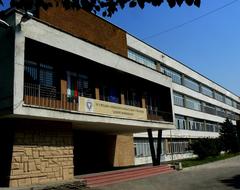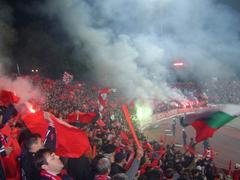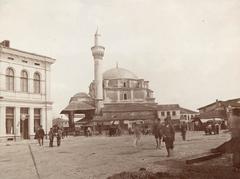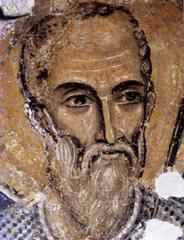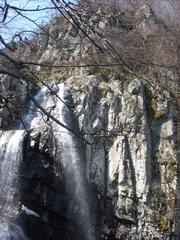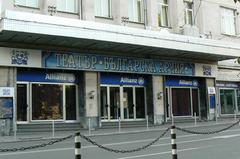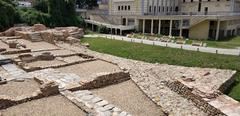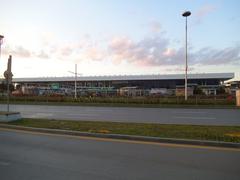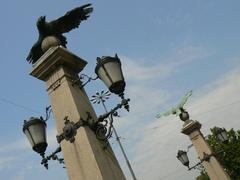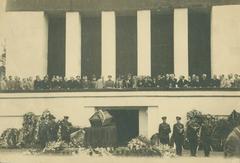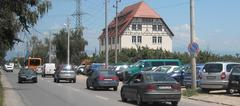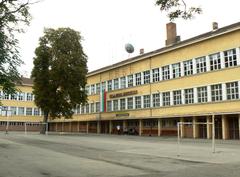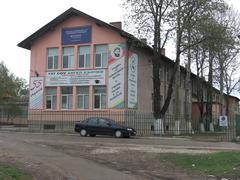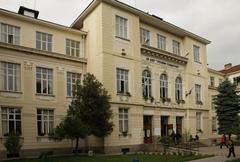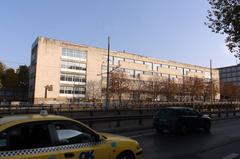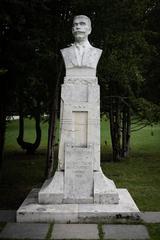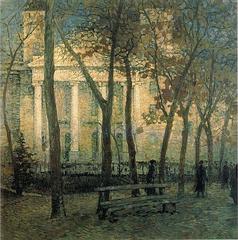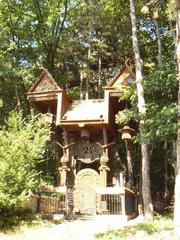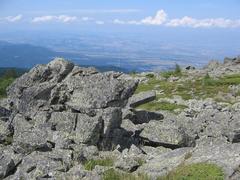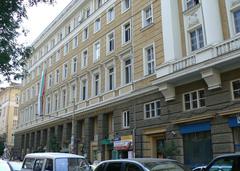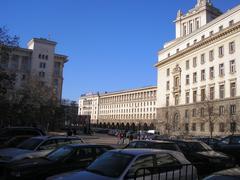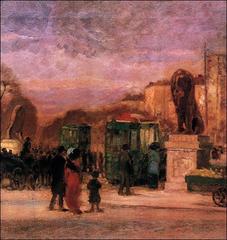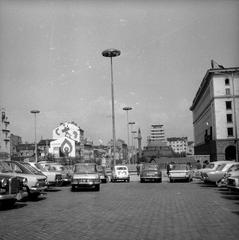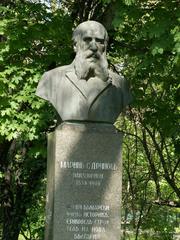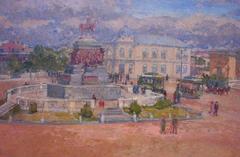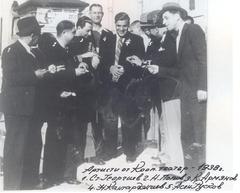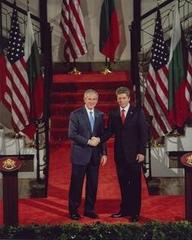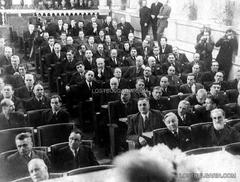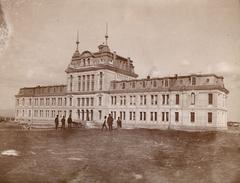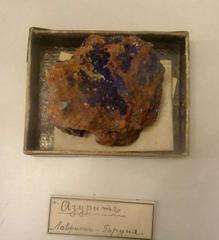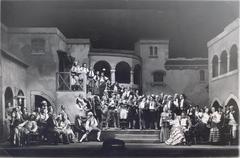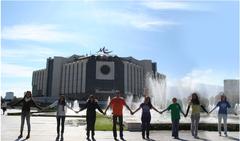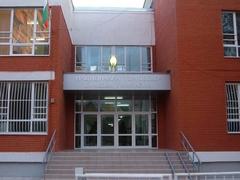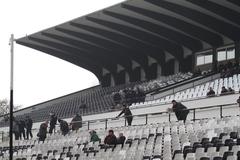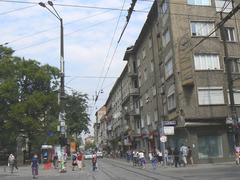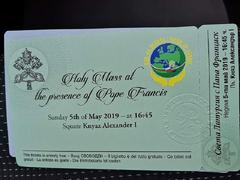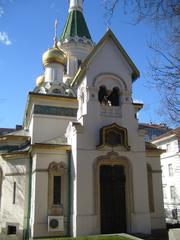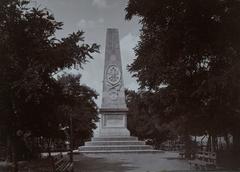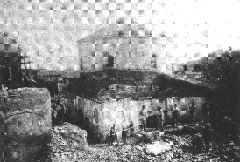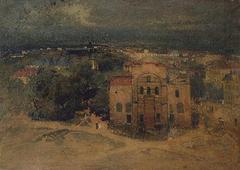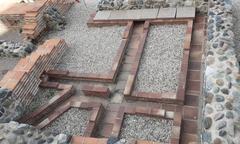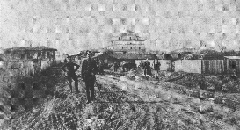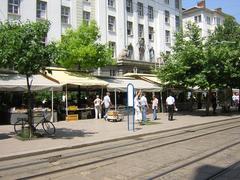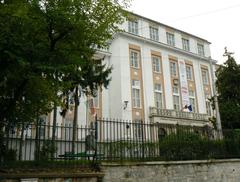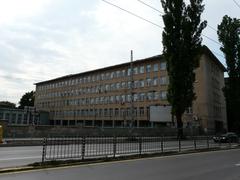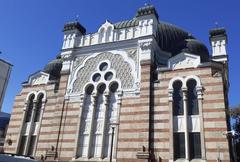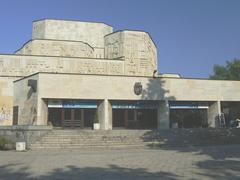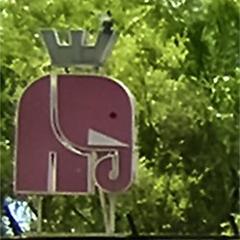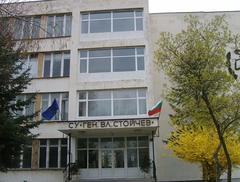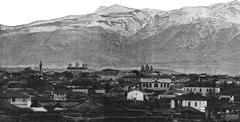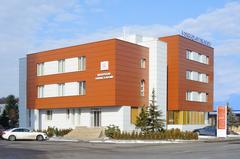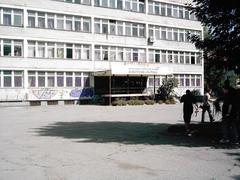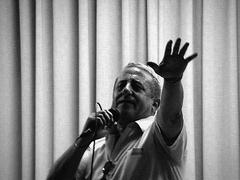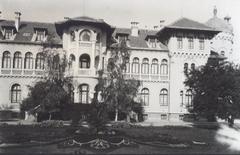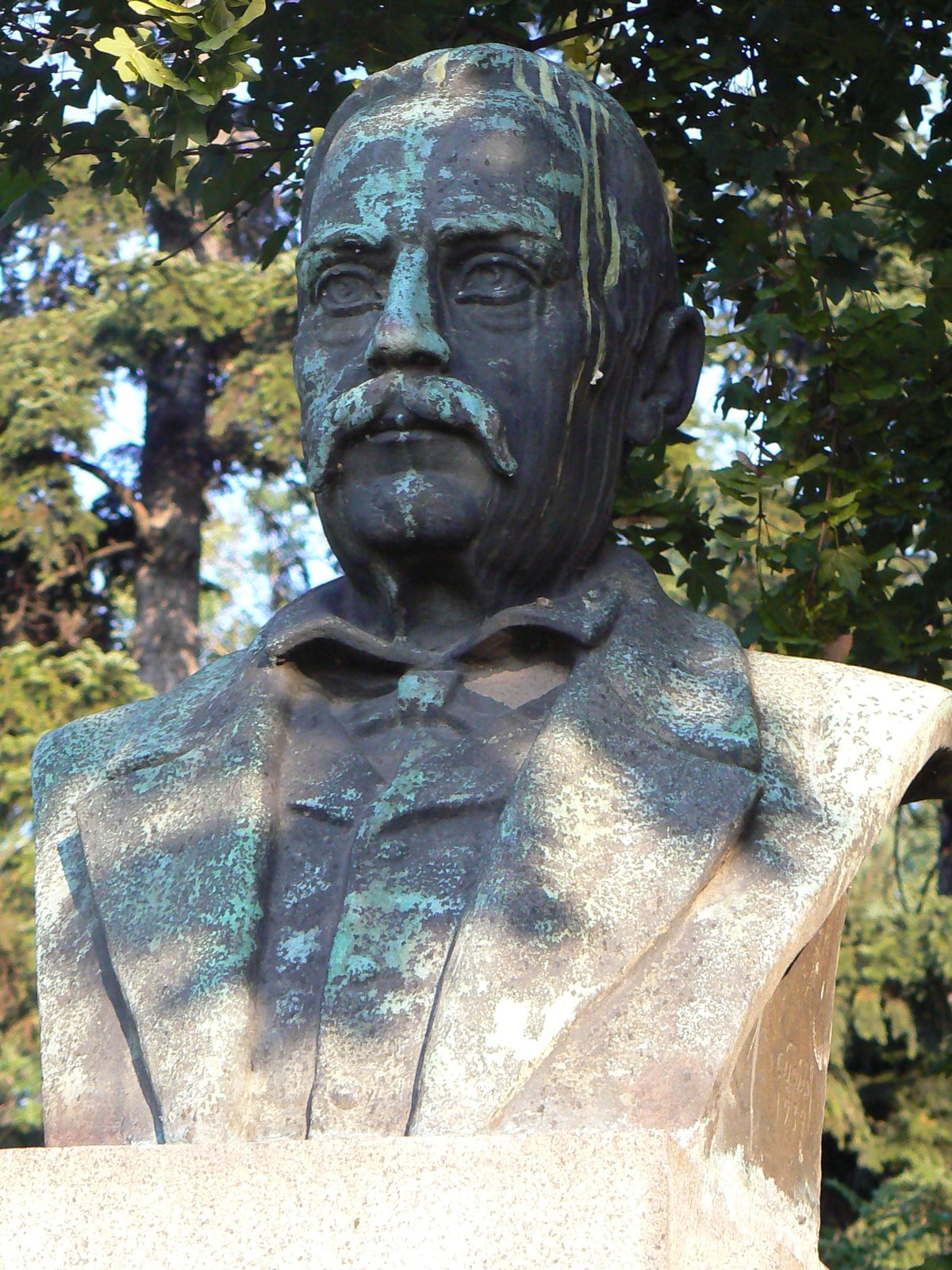
Добри Желязков Visiting Hours, Tickets, and Sofia Historical Sites Guide
Date: 14/06/2025
Introduction: Добри Желязков and His Cultural Significance in Sofia
Добри Желязков is recognized as the father of Bulgarian industry and a visionary force behind the Balkan textile sector during the 19th century. Born in 1800 in Sliven under Ottoman rule, Желязков established Bulgaria’s first mechanized textile factory in 1834—a transformative milestone that helped launch the nation’s industrialization and modernization (Wikipedia). Supported by Sultan Mahmud II’s firman in 1836, his factory introduced advanced textile machinery inspired by Western Europe and Russia, marking Bulgaria’s entry into modern industry (PGTO Sliven).
Today, visitors can explore sites related to Добри Желязков in both Sliven and Sofia. While the original factory and museum are located in Sliven—offering immersive exhibitions and guided tours (Sliven Textile Museum)—Sofia complements this heritage through museum exhibitions at the National Polytechnic Museum and the Textile Museum, which feature interactive programs and displays about Желязков’s innovations (Textile Museum). Additionally, a central street in Sofia bears his name, positioning visitors near key landmarks such as Alexander Nevsky Cathedral and the Serdica Archaeological Complex (Travelling Buzz).
This guide covers historical background, visitor information including hours, ticketing, accessibility, and practical tips for exploring Добри Желязков’s legacy in both Sliven and Sofia, helping travelers appreciate his enduring influence on Bulgaria’s industrial and cultural landscape.
Table of Contents
- Introduction: Добри Желязков’s Legacy
- Early Life and Entrepreneurial Spirit
- Innovation and Industrialization
- Founding the First Bulgarian Factory
- State Recognition and Expansion
- Challenges and Downfall
- Visiting Добри Желязков’s Legacy Today
- Добри Желязков in Sofia: Locations, Hours & Tickets
- Educational Programs and Exhibitions
- Architectural and Industrial Heritage
- Practical Visitor Information
- Добри Желязков Street in Sofia: Accessibility and Nearby Attractions
- Dining and Accommodation Near Добри Желязков
- Practical Tips and Local Etiquette
- Events and Activities
- FAQ
- Conclusion
Добри Желязков – Бащата на Българската Фабрична Индустрия
Добри Желязков е един от най-значимите български индустриалци и пионери на модерното производство на Балканите. Роден през 1800 г. в Сливен, той основава първата българска фабрика за текстил през 1834 г., поставяйки основите на индустриалното развитие в страната. Днес неговото дело е представено в редица музеи и исторически обекти, които предлагат на посетителите възможност да се запознаят подробно с българската индустриална история.
Исторически Места, Свързани с Добри Желязков в Сливен
В Сливен могат да се посетят ключови обекти, свързани с живота и делото на Добри Желязков:
- Оригиналното място на първата фабрика, превърнато в исторически обект.
- Църквата “Свети Димитър”, където е погребан Желязков.
- Мемориалният бюст на Желязков, изработен от Стефан Пейчев.
Практическа Информация за Посетители
Работно Време и Билети
- Музеят работи от вторник до неделя, 9:00 – 17:00.
- Вход: Възрастни – 5 лв., ученици/студенти – 3 лв., деца под 7 г. – безплатно.
- За групови посещения се препоръчва предварителна резервация.
Достъпност и Транспорт
- Достъпно с обществен и личен транспорт; има паркинг.
- За хора с увреждания са осигурени специални входове и асансьори.
Водачи и Екскурзии
- Организират се турове с екскурзовод на български и английски език.
- Възможни са участия в работилници и тематични събития.
История и Наследство
Желязков започва като шекерджия и бързо се ориентира към текстилната индустрия, въвеждайки модерни технологии, вдъхновени от Западна Европа и Русия. След успеха на фабриката му, получава подкрепа от султан Махмуд II чрез официален ферман през 1836 г. Макар по-късно да е отстранен от управлението, оставя траен отпечатък върху индустриалното развитие на България.
Съвети за Посетители
- Най-благоприятно време за посещение е пролетта и есента.
- Препоръчва се дегустация на местната кухня и разглеждане на други забележителности.
- Подробна информация и план за посещение има на официалния туристически сайт на Сливен.
Добри Желязков Museum: Visiting Hours, Tickets & Historical Significance
Discovering Добри Желязков’s Legacy
Добри Желязков Фетисов (Dobri Zhelyazkov Fetisov) is celebrated as Bulgaria’s first industrialist and the founding father of the textile industry in the Balkans. His story is central to Bulgaria’s industrial heritage and 19th-century modernization.
Early Life and Innovations
Born in 1800 in Sliven, Желязков overcame hardship, starting as a market vendor and later focusing on textiles. His exposure to Russian textile machinery during time in Ekaterinoslav enabled him to introduce key industrial techniques to Bulgaria (Bougie Streets; Dare2Wow).
Founding Bulgaria’s First Factory
In 1834, Желязков established the first textile factory in Bulgaria and the Ottoman Empire, employing around 80 workers and producing woolen fabrics for civilian and military use (Wikipedia; PGTO Sliven).
Recognition and Expansion
With a firman from Sultan Mahmud II in 1836, the factory expanded, imported machinery from Russia, and became a significant supplier to the Ottoman army (Money.bg).
Challenges and Downfall
Despite his initial success, opposition from local elites led to the factory’s nationalization. Желязков was exiled in 1853 and died in poverty in 1865 (ERIH).
Visiting the Museum in Sliven
- Location: Sliven, Bulgaria
- Hours: Tuesday–Sunday, 9:00–17:00 (Closed Monday)
- Tickets: Adults – 5 BGN; Students/Seniors – 3 BGN
- Accessibility: Museum is wheelchair accessible
- Guided Tours: Weekends and by request
- Special Events: Textile heritage festival in September
- Contact: Sliven Textile Museum website
Directions
Sliven is accessible by train or bus from Sofia (approx. 3.5 hours). In Sofia, Добри Желязков Street commemorates his legacy.
Nearby Attractions
- Sofia: National Museum of History, Sofia History Museum, City Art Gallery
- Sliven: Hadzhi Dimitar National Park, Sliven Historical Museum, Blue Rocks Nature Park
Добри Желязков Site in Sofia: Visiting Hours, Tickets & Historical Insights
Site Overview
Although the original factory is in Sliven, Sofia honors Желязков through museum exhibitions and a centrally located street. The National Polytechnic Museum and Textile Museum host rotating exhibits and interactive programs (Textile Museum).
Visiting Hours & Tickets
- Museums: Typically open Monday–Friday, 9:30–18:00; some weekends.
- Admission: Varies by venue; discounts available. Some days offer free admission (e.g., last Thursday of the month) (Museum Sliven).
- Educational Programs: Must be booked in advance; suitable for groups and schools.
Exhibitions and Programs
- Interactive Presentations: Tailored for children and adults.
- Artifacts: Original textile machinery, tools, and samples.
- Workshops: Hands-on demonstrations of traditional textile crafts.
Architectural and Industrial Heritage
Exhibits feature architectural models and images of the original factory, alongside information on innovations in spinning, weaving, and dyeing (Divident.eu).
Добри Желязков Street in Sofia: Location, Accessibility, and Nearby Attractions
Location and Access
Добри Желязков Street is centrally located in Sofia, accessible by metro, tram, or bus. The area is pedestrian-friendly, with bilingual signage and convenient access to taxis and parking.
- Visiting Hours: As a public street, open 24/7; no tickets required.
Nearby Landmarks
- Alexander Nevsky Cathedral: Iconic Orthodox cathedral
- Serdica Archaeological Complex: Ancient Roman ruins
- Sofia History Museum: Housed in the former Central Mineral Baths
- National Palace of Culture (NDK): Major cultural venue
- Vitosha Boulevard: Main shopping and dining street
Dining & Accommodation
- Dining: Wide range of cafes and restaurants nearby. Expect to pay 20–40 BGN for a meal; street snacks from 2–4 BGN.
- Accommodation: Options from hostels (25 BGN) to mid-range hotels (60–120 BGN). Advance booking recommended.
Practical Tips for Visitors
- Currency: Bulgarian Lev (BGN); cards accepted, but cash is useful.
- Language: Bulgarian is official; English widely spoken in tourist areas.
- Transport: Single ticket – 1.60 BGN; day pass – 4 BGN (Sofia Urban Mobility Center).
- Weather: Best in spring and autumn.
- Safety: Sofia is generally safe.
- Accessibility: Most venues are accessible, but check ahead.
Local Etiquette
- Handshakes are standard.
- Tipping around 10% is customary.
- Dress code is casual, but formal for upscale venues.
- Note: Bulgarians nod for “no” and shake heads for “yes.”
Events
Добри Желязков Street features in city walking tours. Nearby, Vitosha Boulevard hosts regular festivals and open-air events.
Frequently Asked Questions (FAQ)
Q: Are there visiting hours or tickets for Добри Желязков Street?
A: No, it’s a public street with 24/7 access and no entry fees.
Q: How is the museum accessed for those with limited mobility?
A: Most museums are wheelchair accessible; confirm specific needs ahead.
Q: What is the best season to visit?
A: Spring and autumn for pleasant weather and fewer crowds.
Q: Are there guided tours in English?
A: Many museums offer English-language tours with advance booking.
Q: What are nearby historical sites?
A: Alexander Nevsky Cathedral, Serdica Complex, Sofia History Museum, National Palace of Culture.
Sustainability and Responsible Tourism
- Walk, cycle, or use public transport to minimize environmental impact.
- Tap water is safe—consider a reusable bottle.
- Support local businesses and respect local customs.
Conclusion
Добри Желязков’s legacy is pivotal to Bulgaria’s industrial and cultural history. Whether exploring the museum in Sliven, attending an educational program in Sofia, or strolling down the commemorative street, visitors can immerse themselves in the story of a true innovator. Use this guide to plan your visit, discover related historical sites, and enjoy Sofia’s vibrant atmosphere.
For more travel insights, download the Audiala app and follow our social channels for updates and event news.
Summary: Key Points and Visitor Tips
Добри Желязков symbolizes Bulgaria’s entrepreneurial spirit and the dawn of the country’s industrial era. His first mechanized textile factory in Sliven, recognized by the Ottoman authorities, laid the foundation for Bulgaria’s modern economic development (Wikipedia; PGTO Sliven).
Today, visitors can explore this heritage at the Sliven museum, with guided tours and interactive exhibits (Sliven Textile Museum). Sofia complements this legacy with exhibitions and a street honoring his name, offering accessible educational programs (Textile Museum; Travelling Buzz).
This guide ensures you are well-informed about visiting hours, ticketing, accessibility, and transport, so you can explore Добри Желязков’s legacy fully. To enhance your experience, use the Audiala app for audio tours and stay updated with museum websites and social channels.
References
- Добри Желязков и Историческите Забележителности в Сливен: Посетителски Гид и История
- Добри Желязков Museum Visiting Hours, Tickets & Historical Significance in Sofia and Bulgaria
- Добри Желязков Site in Sofia: Visiting Hours, Tickets & Historical Insights
- Добри Желязков Visiting Hours, Tickets & Nearby Sofia Historical Sites Guide
- Wikipedia - Dobri Zhelyazkov
- Money.bg - История на първата българска фабрика
- ERIH - Biography of Dobri Zhelyazkov
